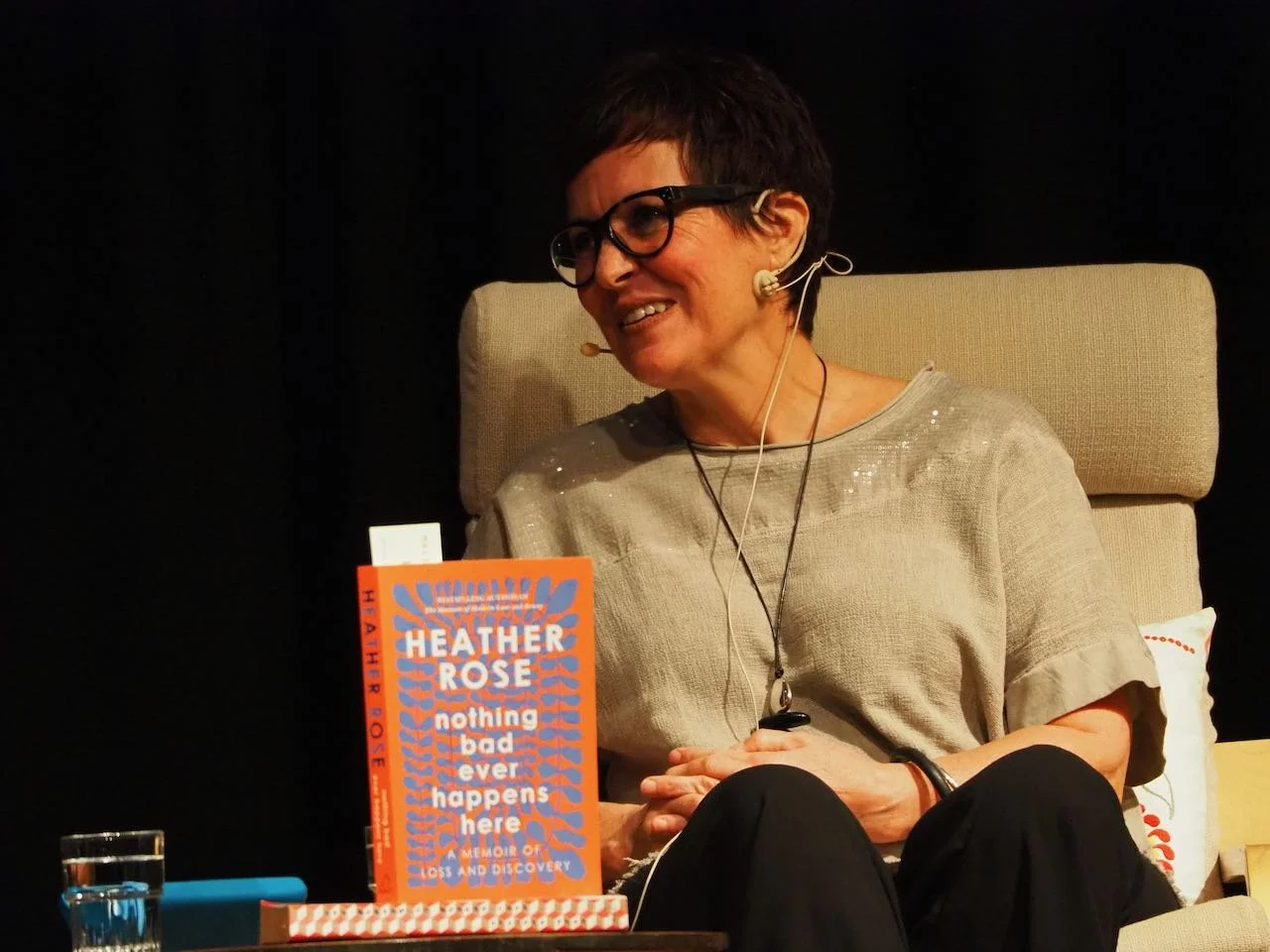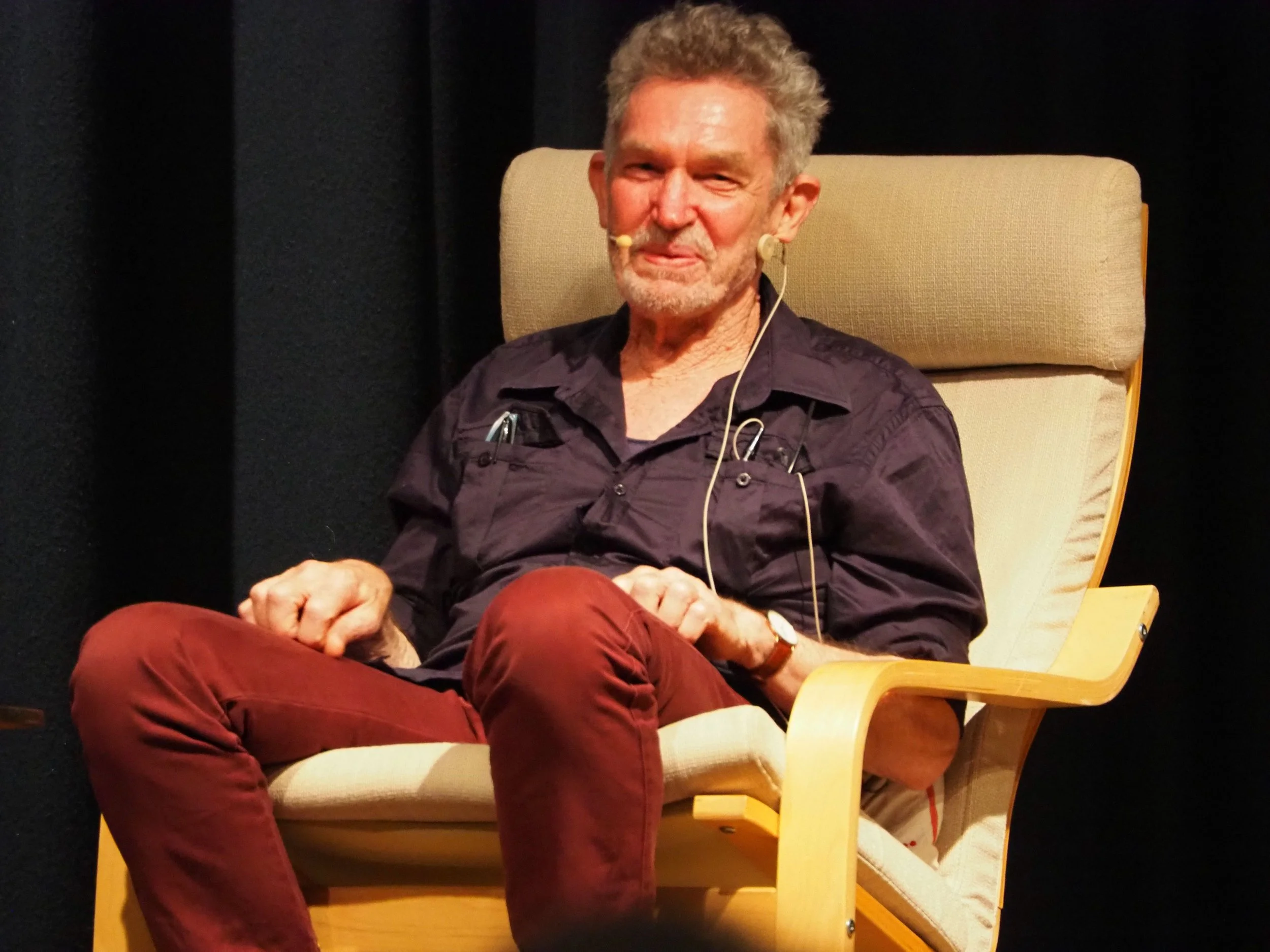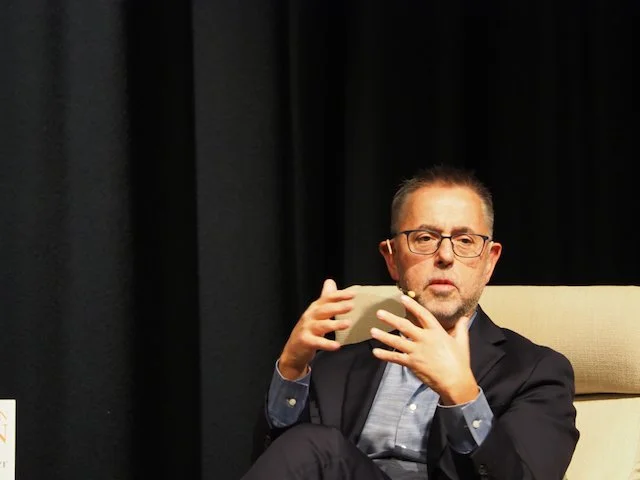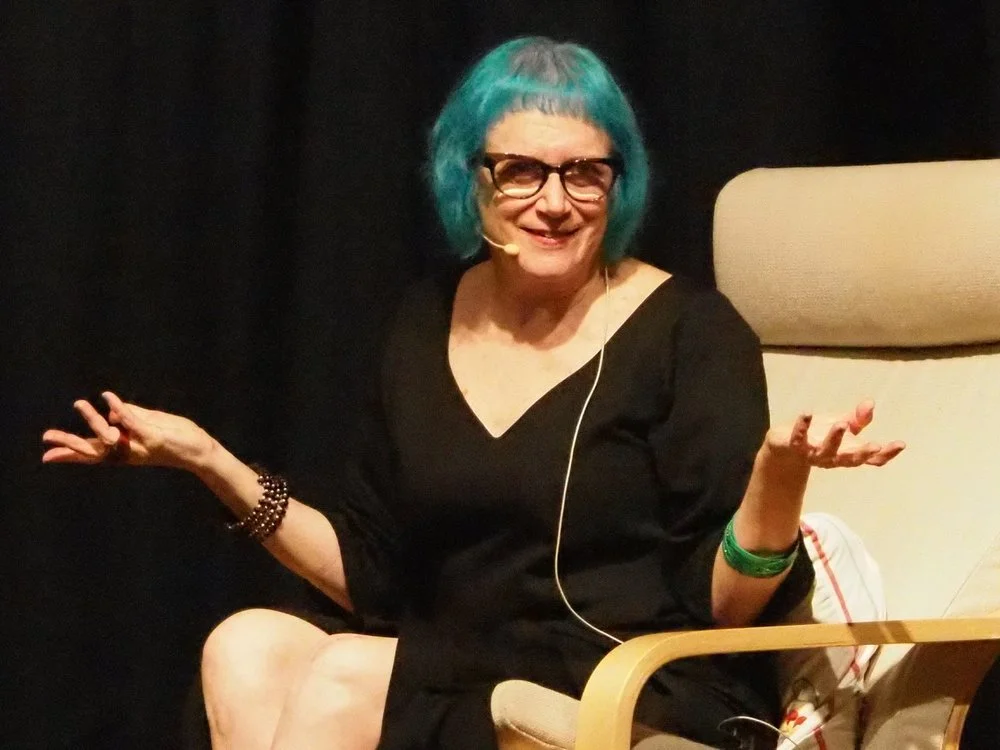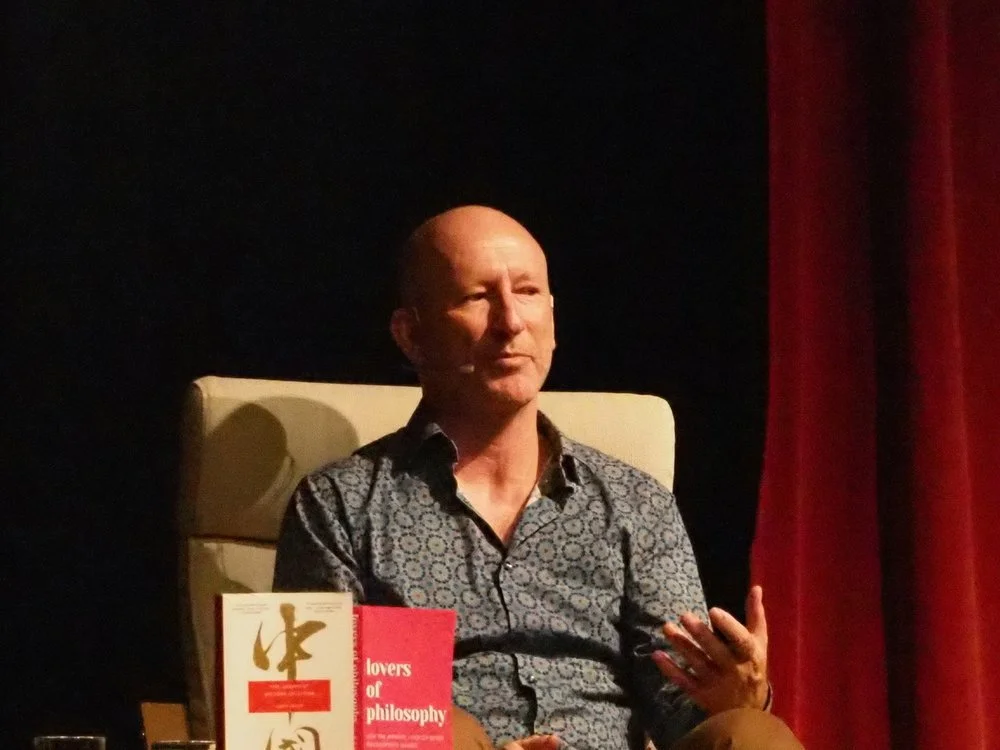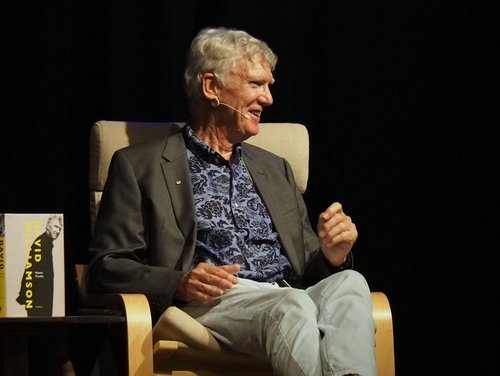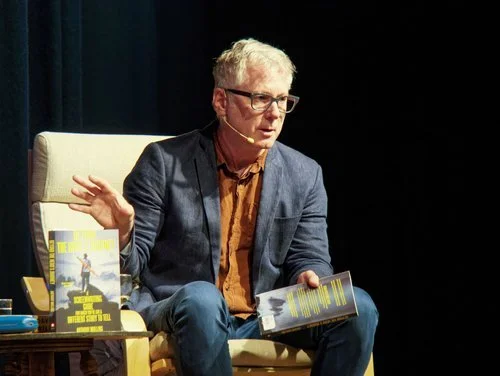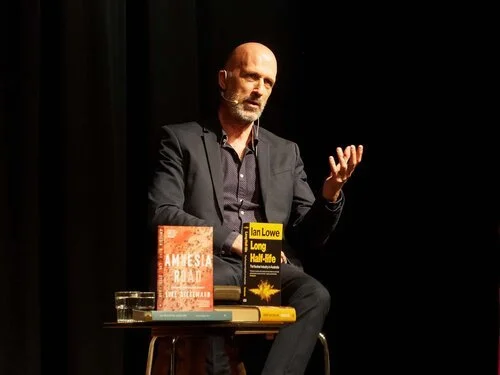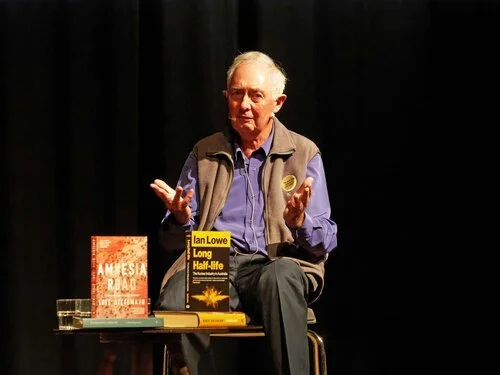![Kate Holden in conversation]()
We’re failing this continent. We have been for some time. The latest State of the Environment Report only confirms what we’ve all known for years. In Northern NSW, west of the Divide, it used to be brigalow scrub, growing on what turned out to be the richest soil in the country - not a coincidence as it happens - but it’s almost all gone, and the job of protecting what’s left falls to environmental officers. Late one afternoon in 2014, out near Croppa Creek, things come to a head. An 80 year old farmer, Ian Turnbull, shoots Glen Turner, an environmental officer, in the back. He hounds the wounded man until he’s dead, despite the pleas of his companion.
This is the point at which Kate Holden starts her remarkable book The Winter Road. But don’t be confused. Holden's not interested in writing a true crime story. She wants to understand the forces at play here: the way we view land, who owns it, what it’s for, what our responsibility to it entails. And to comprehend those things she discovers she needs to delve into our philosophical and cultural roots, to drill down into our assumptions.
She says she’s not a journalist, but the book won a Walkley Award. She says she’s not a historian, but the book won the NSW Premiers non-fiction award this year and is short-listed for the regional and community history award. This is an important book, written by one of our finest writers.
‘A gripping account of our land and ourselves,’ Tara June Winch
Holden brilliantly telescopes centuries of history and law into fatal conversations at a farm gate. As one man stalks another on a winter road, the whole psyche of modern Australian settlement comes under trial. An enthralling and disturbing tale told with deep insight and compassion.’ Tom Griffiths




